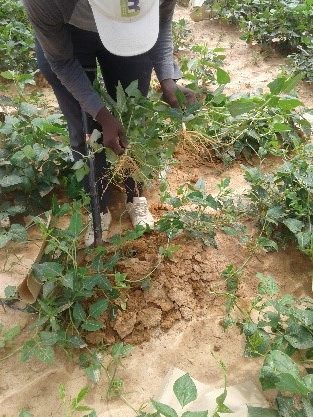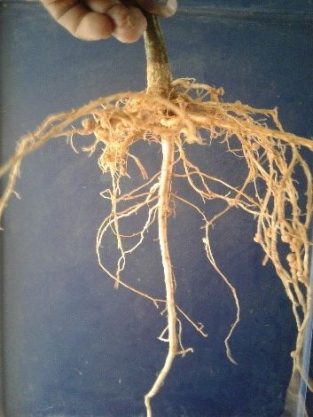WHAT IS BCPEP?
The Breeding Cowpea for Phosphorous Efficiency Project (BCPEP) is working to breed cowpea varieties with a higher resistance to low-phosphorous soils. Cowpea across sub-Saharan Africa is an essential source of protein for millions of people but the low-phosphorous content of soils in most growing areas means cowpea yields are severely reduced. BCPEP is working to develop molecular tools in new varieties of cowpea that will increase yield in low-phosphorous soils as a low-cost solution that can be adopted by farmers.
WHAT ARE ITS AIMS?
The project has two main research aims:
- To develop molecular tools for cowpea to facilitate genetic gains in the crop
- To breed cowpea varieties that are tolerant to low-phosphorous soils and respond effectively to applied P-specific fertilisers for resource-poor farmers
WHO IS DELIVERING BCPEP?
- Institute for Agricultural Research, Ahmadu Bello University


Dr Saba Mohammed
Project dates:
2015–2020
Crop(s):
Cowpea
Project focus location(s):
Nigeria

